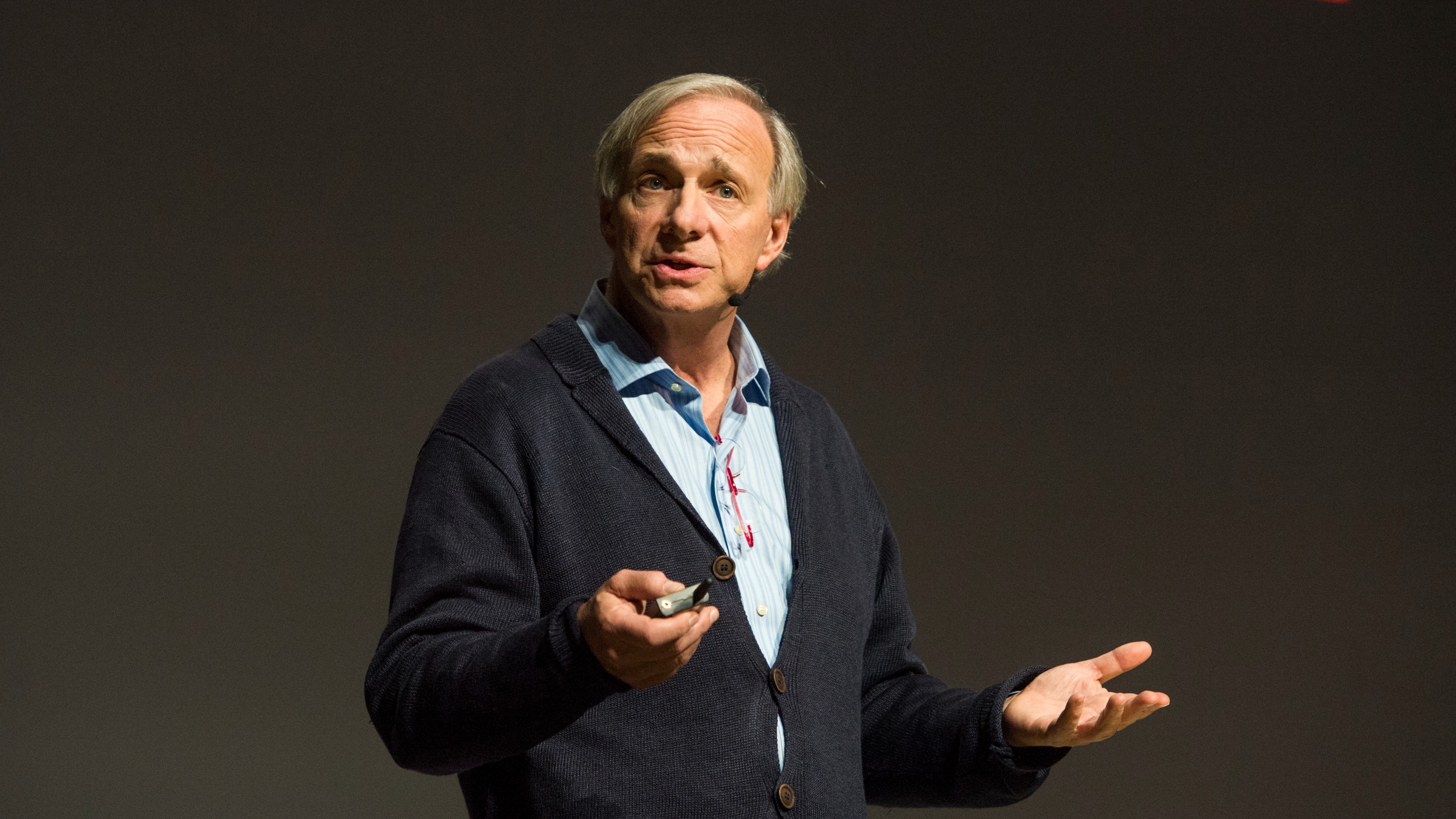
How can savers and investors make the most of their ISA allowance? Read our special report to find out.
York-based John Cullen has been investing in ISAs for around seven years.
His first forays into investment were via the property market, where he invested in a buy-to-let property in his late 20s.
But more recently he has switched his focus to the stock market. He explains: “Back in my 20s I used to work for an investment bank, so there was a lot of compliance surrounding private shareholdings. I just decided it was easiest to leave well alone.
“Since then I’ve switched jobs, and have decided to put the knowledge and skill set gained there to some use.”
Cullen says his own personal circumstances have also changed: “I now have two young children, so want to build up some savings that may benefit them in future, be it paying for school fees or helping them through higher education.”
Alongside this Cullen has always wanted to invest for the longer term, to provide retirement funds for himself and his wife.
He says: “I am celebrating my 40th birthday this month, so retirement is still some way off.”
Cullen says: “I would describe myself as a buy-and-hold investor. I am looking to the longer term and don’t want to deal too frequently as this can incur additional charges.
“I mainly use my ISA to invest in individual shares. From my previous role I have more experience in analysing and assessing companies, so feel more confident investing in them.
“That said, I have added more recently added some funds to my portfolio. This has helped me diversify the portfolio and can be a good way to invest in overseas regions, like Japan, and specific trends.”
Cullen’s ISA is with AJ Bell and he likes the way that he can invest in both direct shareholdings and funds through the same platform.
When it comes to his ISA portfolio, Cullen says some of his longer-term term holdings include Diageo (DGE), National Grid (NG.) and Royal Dutch Shell (RDSB).
All three yield good dividends and have been a core part of his portfolio.
Drinks manufacturer Diageo has a two-star rating from Morningstar, which means that it is currently trading above its fair value. Morningstar director Philip Gorman points out that merger and acquisition activity have helped establish the company as a global leader in its sector.
Gorman adds: “Although the industry is fairly concentrated, we believe there is more consolidation to come.
“Outside the top five firms, the industry is highly fragmented, and local players often dominate in niche product categories or local markets. These firms present a new wave of merger opportunities for the industry consolidators, including Diageo, to strengthen their presence in emerging markets.”
Morningstar says Diageo - which sells premium brands like Smirnoff Vodka, Johnnie Walker and Crown Royal whisky - has a wide economic moat, or significant competitive advantage.
National Grid transmits and distributes electricity and gas. It owns regulated transmission and electricity generation facilities in the UK and US. Although its current share price is below the prices reached during 2016, shareholders in this company have enjoyed an annualised total return of 5.5% over the last five years, according to Morningstar data.
This is another company with a two-star rating from Morningstar, although Morningstar points out that National Grid does not have any economic moat, potentially leaving its business and markets vulnerable to competitors.
Meanwhile Royal Dutch Shell has a four-star rating from Morningstar, which means that it is currently undervalued. The company’s share price has risen strongly over the last two years, after a significant dip in 2016.
Allen Good, sector strategist at Morningstar says: “With the restoration of its cash dividend, Shell has demonstrated that it has taken the necessary steps to remain competitive in a world of $60/barrel oil. Like the rest of the integrated group, Shell has reduced its cost base, which had become bloated, in part by reducing headcount and improving its supply chain.”
He adds: “Shell closed out 2018 by reporting better-than-expected fourth-quarter results, including strong earnings and cash flow growth.
Specialist Investment Trusts
When it comes to funds, Cullen has invested in Polar Capital Technology Trust (PCT), a specialist investment trust that offer exposure to the IT sector. More recently he has also taken a holding in International Biotech Trust (IBT).
Both of these specialist investment trusts have benefited from strong growth in tech stocks and have a five-star rating from Morningstar. This reflects the fact that both have outperformed peers.
Cullen says these more growth-oriented trusts will hopefully balance out the defensive blue chips, like Shell and National Grid in his portfolio.
He says: “I try to ensure that I don’t have more than 25 to 30 holdings within my ISA. If you have more it can be difficult keeping track of them all and there is the danger that the portfolio as a whole simply acts as a sort of closet tracker, and doesn’t really outperform the market.”
Not all his investments have performed as well. Cullen says: “One out and out disaster has been my holdings in the Brown (N) Group (BWNG). It has had a disastrous three or four years.”
Shares were priced at 591p back at the start of 2014, but today are priced at just 90p.
This is a direct “home shopping” retailer selling clothing, household, footwear and electrical goods. Cullen says: “On paper this looks like an attractive company, and it seemed to be targeting its business at the growing number of over 50s.”
He says this is a good reminder that a “good story isn’t the same as a good investment”.
“The power of the ‘grey pound’ and ageing population is certainly a mega-trend, but this company seems to have failed to capitalise on it. Clearly this sector of the market did not want to but its products.”
But he hasn’t sold his stake in the company as “the optimum time to have cut my losses has long since passed”.
Cullen adds: “There is new management in now so I will hold on and see whether they can turn it around.”
He says that one of the keys to building a successful ISA portfolio is to enjoy the process. “To me it’s a hobby. I enjoying the research and then monitoring my portfolio. I worked in corporate finance for 11 years so it is good to make some use of these skills and put them to my own benefit.”



























